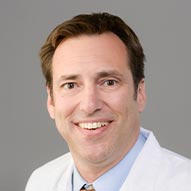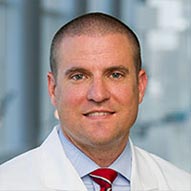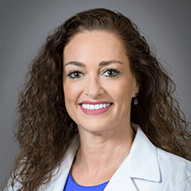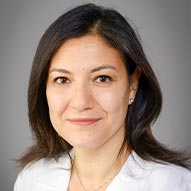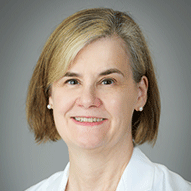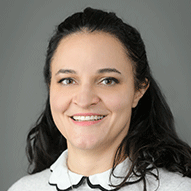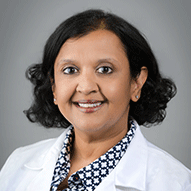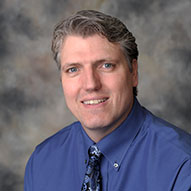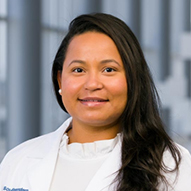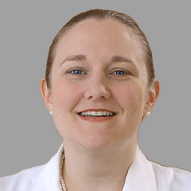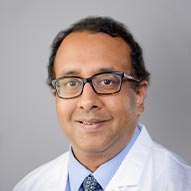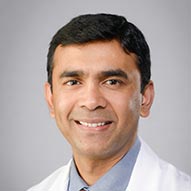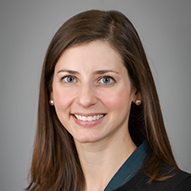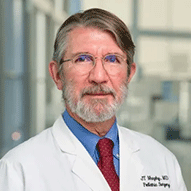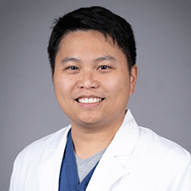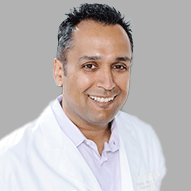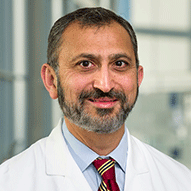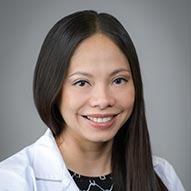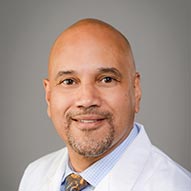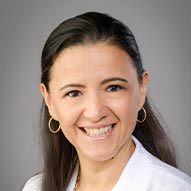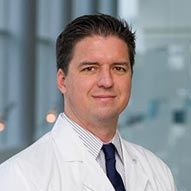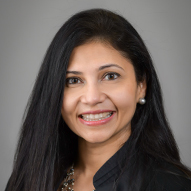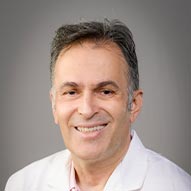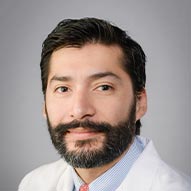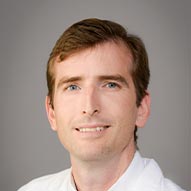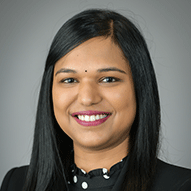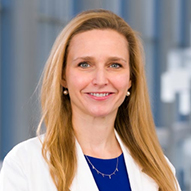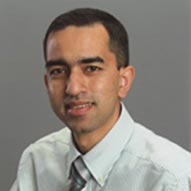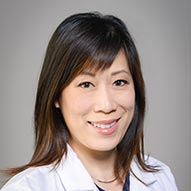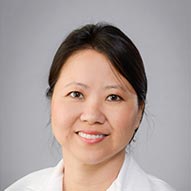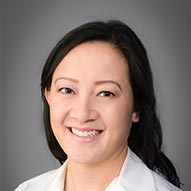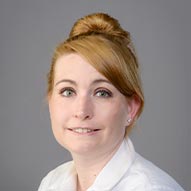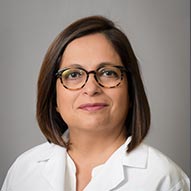Dallas
214-456-8000
Fax: 214-456-8005
Plano
469-497-2505
F: 469-497-2511
Park Cities
469-488-7000
Fax: 469-488-7001
Prosper
469-303-5000
Fax: 214-867-9511
Gastroesophageal reflux occurs when a child’s digested or partially digested food flows back into the esophagus, causing heartburn, swallowing issues and in the case of young babies, frequent spitting up.
214-456-8000
Fax: 214-456-8005
469-497-2505
F: 469-497-2511
469-488-7000
Fax: 469-488-7001
469-303-5000
Fax: 214-867-9511
The esophagus carries food from the mouth to the stomach. There is a valve-type muscle called the lower esophageal sphincter that relaxes to let food pass from the esophagus into the stomach. When this valve does not function correctly, it causes food and acid to come back up into the esophagus. Intermittent gastroesophageal reflux of gastric acid can normally occur in infancy and most will outgrow it by the time they turn 1 year old. In children older than 2, GER that occurs more than twice a week could be GERD.
GERD (gastroesophageal reflux disease) is a more serious and long-term type of reflux. In babies and children with GERD, the sphincter muscle is developed but weak, relaxing to allow food to flow back into the esophagus.
The main symptom of acid reflux in babies and toddlers is spitting up. GERD can also cause additional symptoms in babies including:
Children between the ages of 3 to 12 typically do not have GERD; however, they may experience the following symptoms:
In older children, the most common GERD symptom is regular heartburn.
Doctors use several tests to diagnose GERD. Children will certainly have their medical history rechecked and get another physical exam. Your child’s doctor may also use a combination of the following:
Not every child needs all these tests. Your physician will tell you exactly what the next steps are. Our diverse group of specialists see over 1,000 children a month, and we have the resources to diagnose and treat a range of conditions.
Children from birth to 2 years old with reflux have an underdeveloped lower esophageal sphincter, causing stomach contents to flow back into the esophagus. In children older than 2, the lower esophageal sphincter is weak, causing frequent heartburn and indigestion.
Children with gastroesophageal reflux disease tend to respond well to lifestyle changes or medications, while infants with GERD usually outgrow it by their first or second birthday. Your child’s doctor may recommend the following treatments for GERD:
It is important to adjust and make lifestyle changes, such as:
Medication options may also be recommended, for example:
Surgery used for GERD patients is known as a Fundoplication, which is a procedure to prevent stomach acid from backing up into the esophagus. Surgery involves wrap the upper part of the stomach around the end of the esophagus to put pressure on the lower end of the esophagus.
